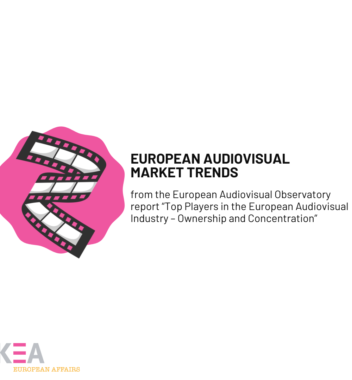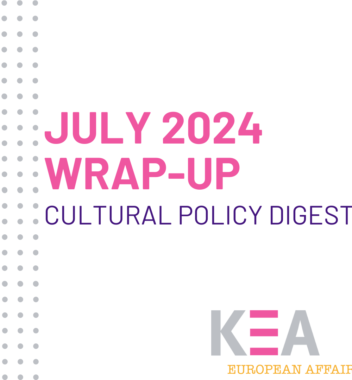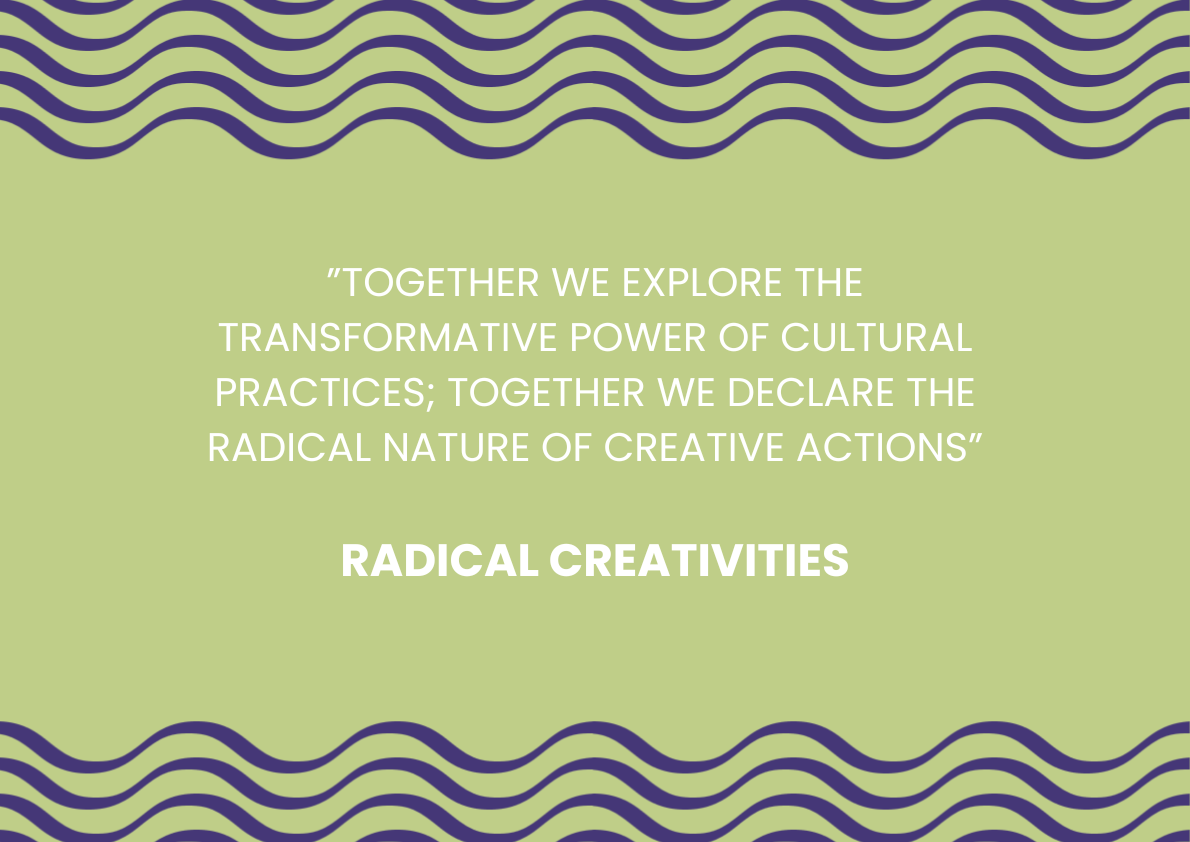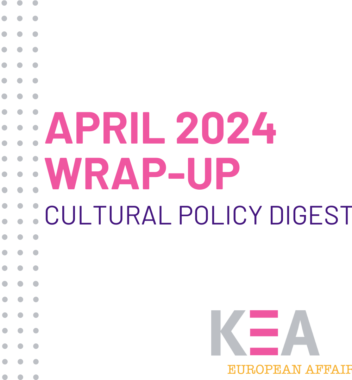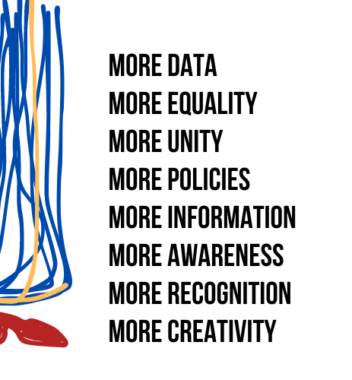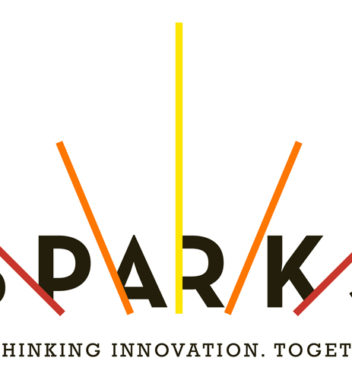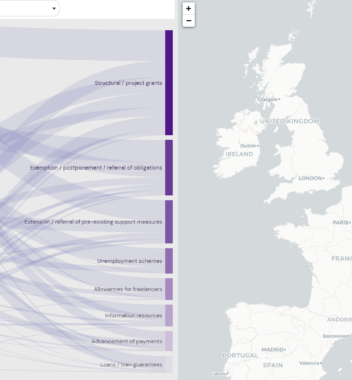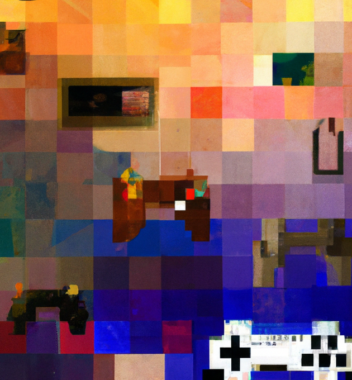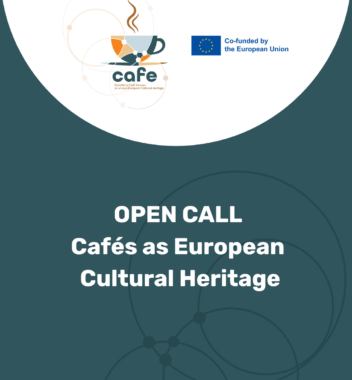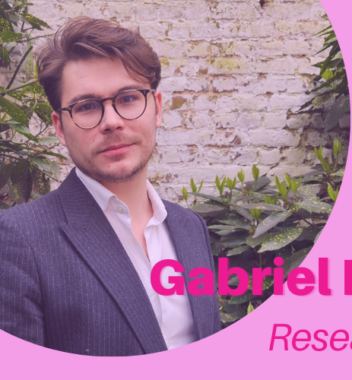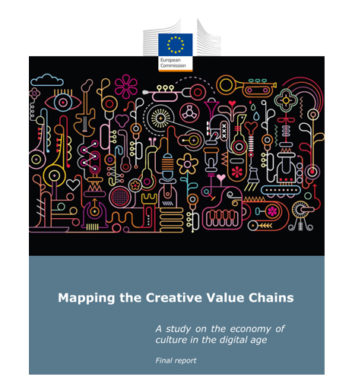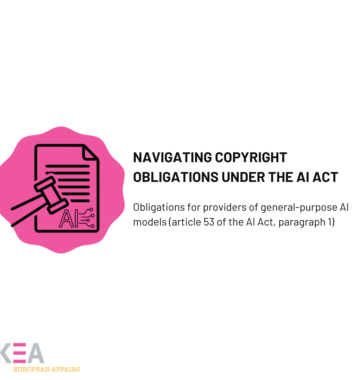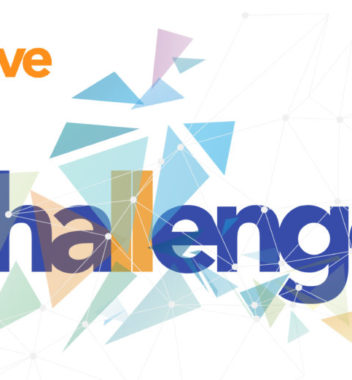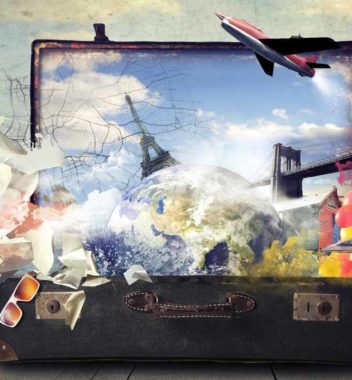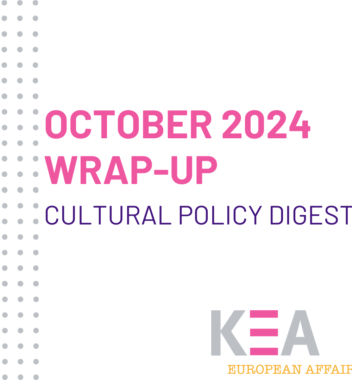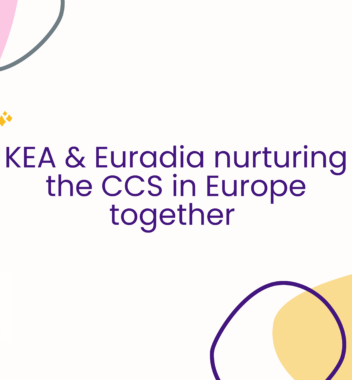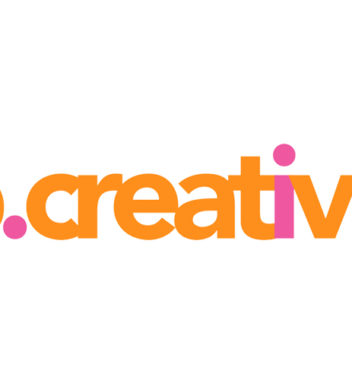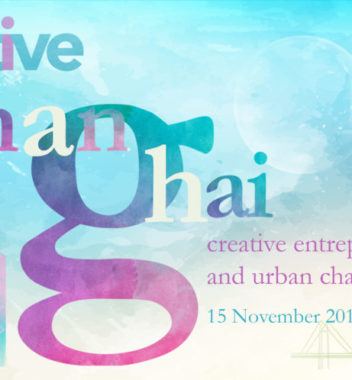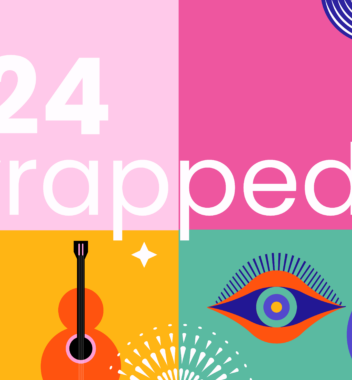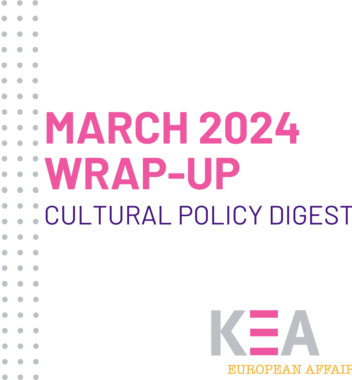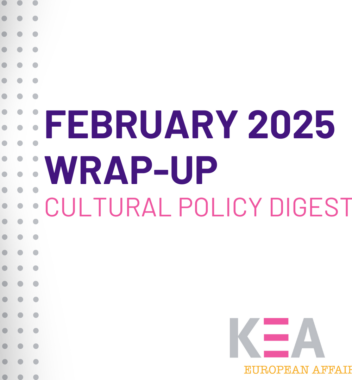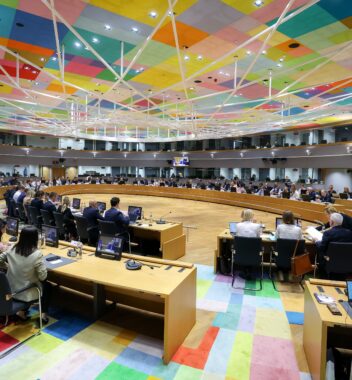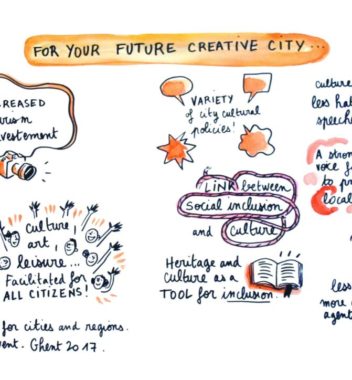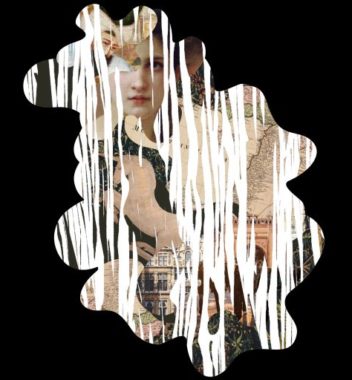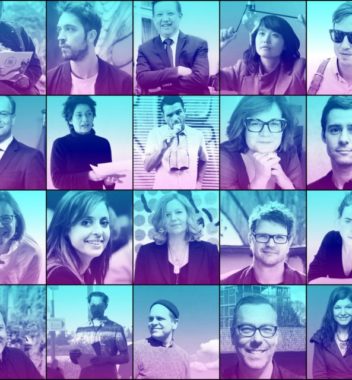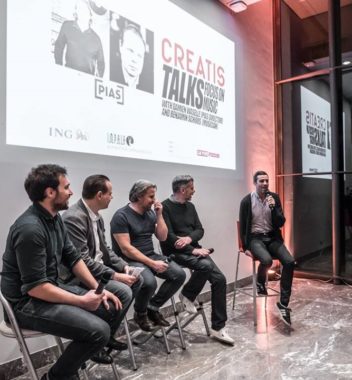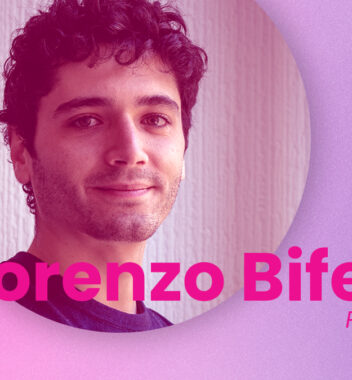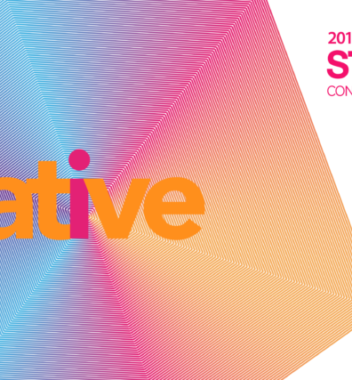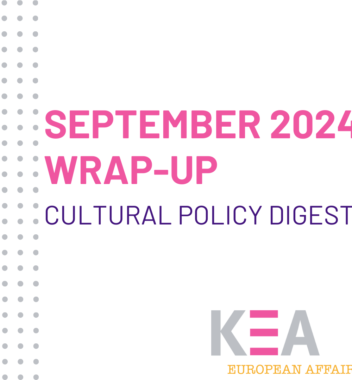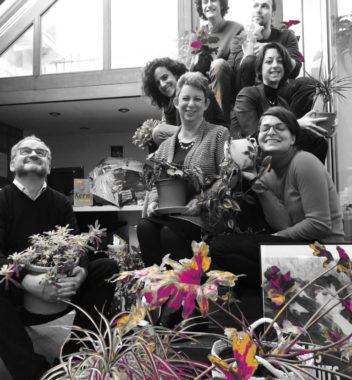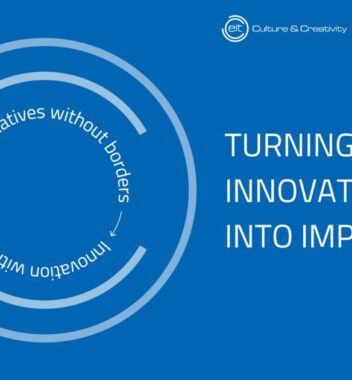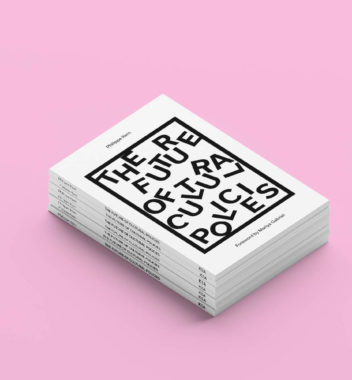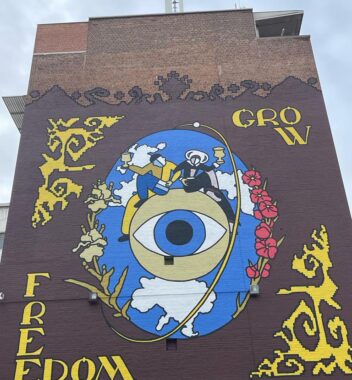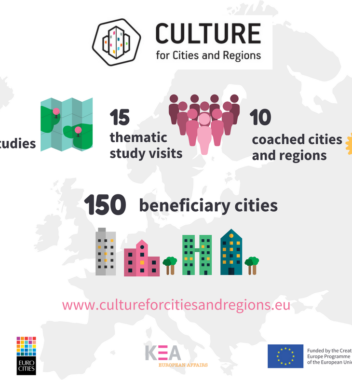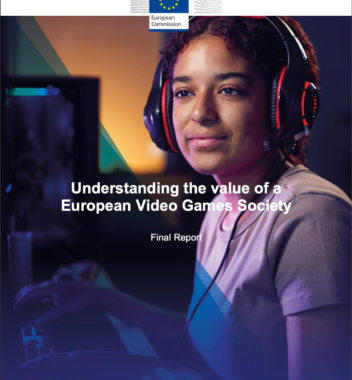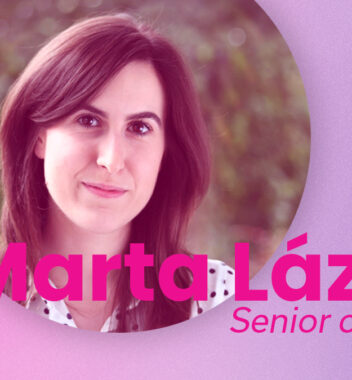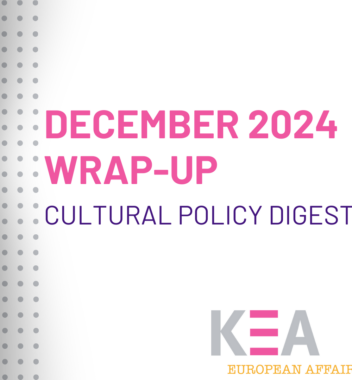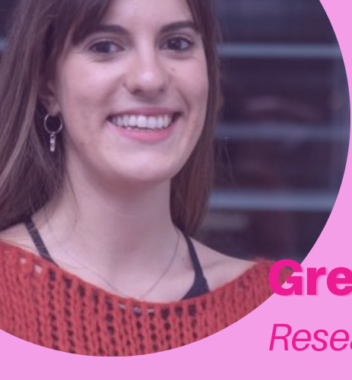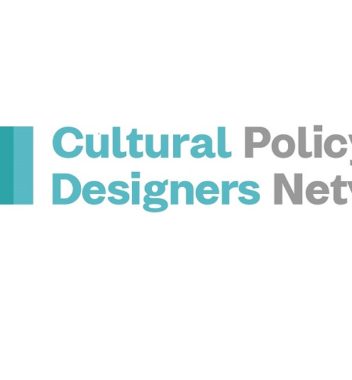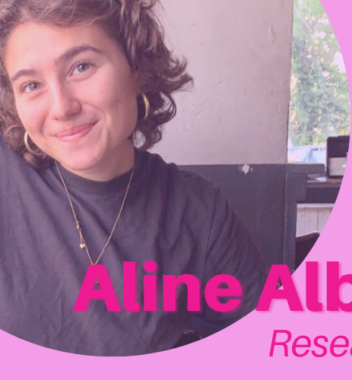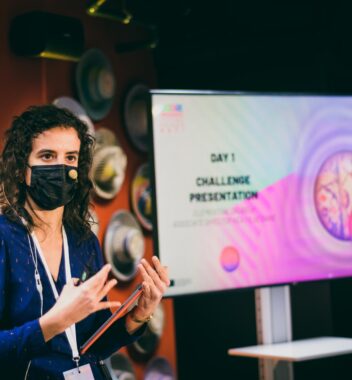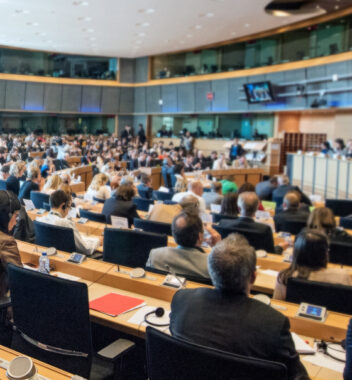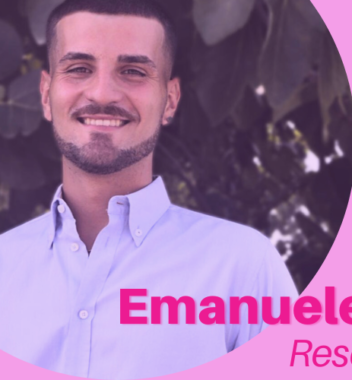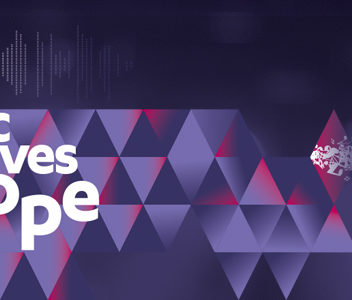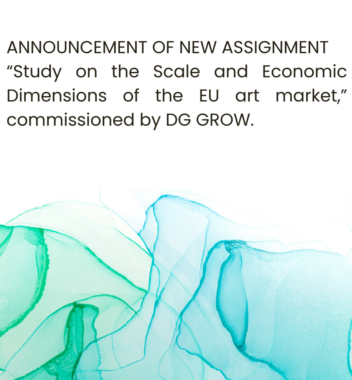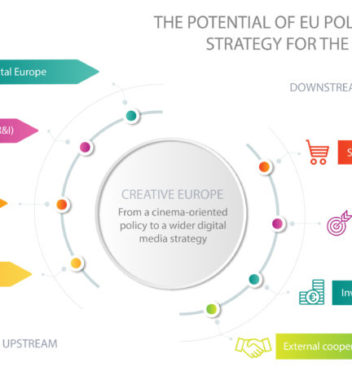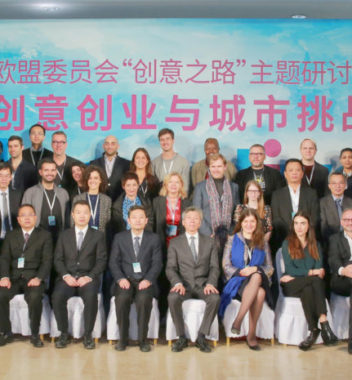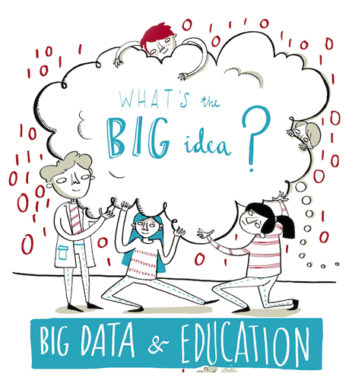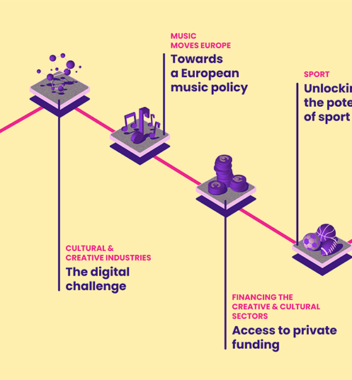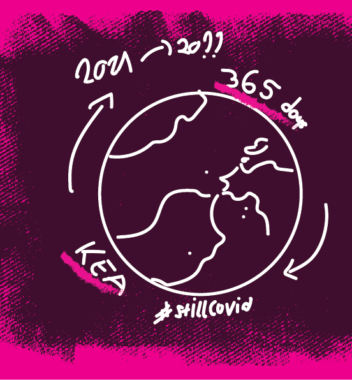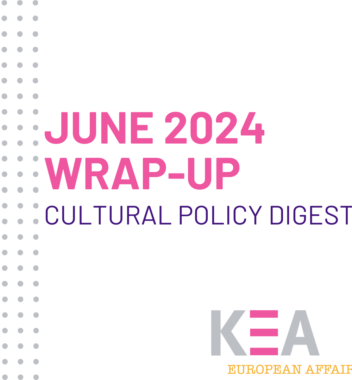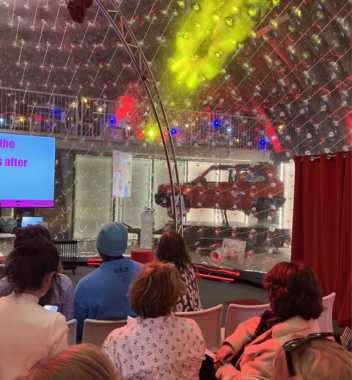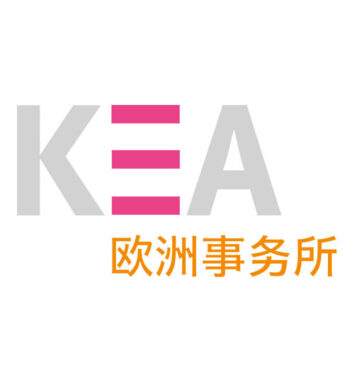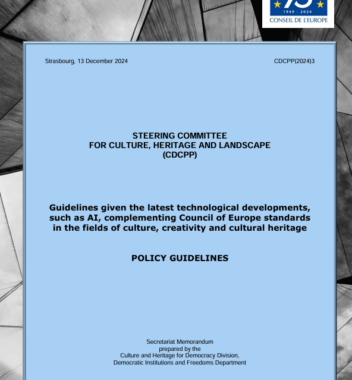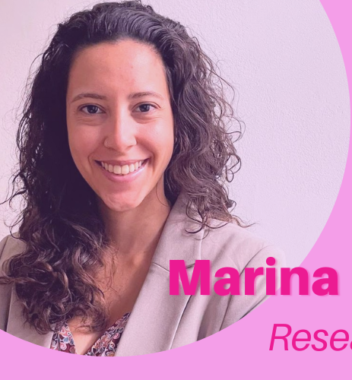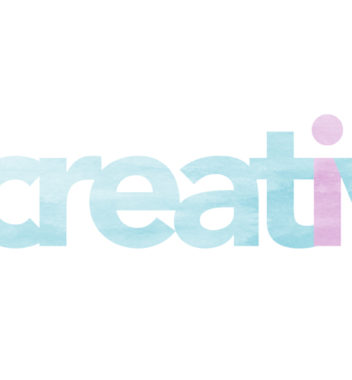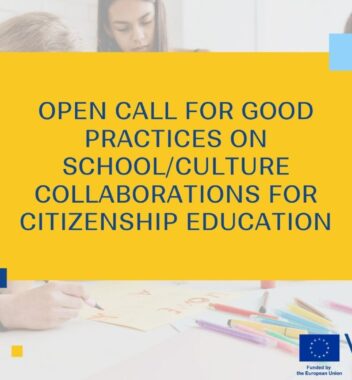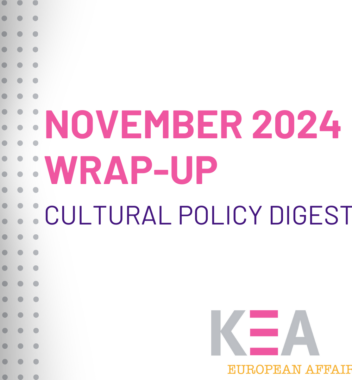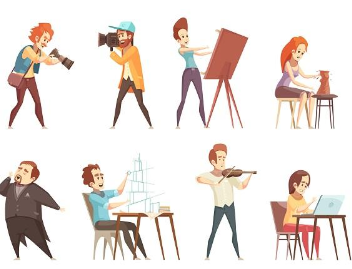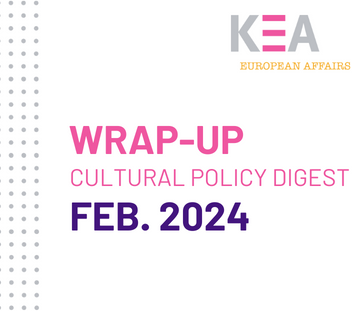
A consortium led by Panteia consisting of KEA European Affairs, Imec-SMIT (Vrije Universiteit Brussel), University of Warsaw (DELab), Erasmus University Rotterdam, and IDEA Consult has been entrusted by the European Commission Directorate-General for Education, Youth, Sport and Culture (DG EAC) with the responsibility of carrying out a study on “Discoverability of diverse European content in the digital environment”.
Context
Digitization across various cultural sectors is seen as a chance to foster diverse cultural manifestations and connect with fresh audiences, granting them unprecedented access to artistic expressions. Through digital tools, individuals can explore their creativity, express themselves, and engage with culture. Moreover, individuals with the requisite skills can easily share their creations online, thanks to the simplicity of digital self-publishing processes. According to the EPRS, the sheer volume of content being produced is astonishing: every minute, YouTube sees the upload of 500 hours of content, social media platforms witness over a thousand photo uploads, and Spotify adds 28 new music tracks. These platforms hold the promise of making culture more accessible and affordable to people worldwide, regardless of their geographical location, provided they have the necessary tools and internet access.
However, the mere fact that diverse content is accessible online, does not necessarily mean that audiences are exposed and have access to it. In other words, the availability is a necessary but not sufficient condition for users to discover content. Therefore, the concept of discoverability is becoming a growing concern for CCS workers, content creators and policymakers.
A recent example from November 2023 illustrates this scenario. The European Coalitions for Cultural Diversity (ECCD) and the Cultural Creators Friendship Group (CCFG), represented by its members MEP Laurence Farreng and MEP Iban Garcia del Blanco, organised a conference on Discoverability & Artificial Intelligence. The aim was to discuss how we can discover European creative works made by humans in the context of rising cultural works generated by artificial intelligence.
The topic remains of significant relevance, especially given the ongoing advancements in EU legislation on AI technology and its implications for the cultural sector. The anticipated AI Act lays out the key regulations for AI providers and users, with further guidance expected from the new European Commission’s AI Office. It’s crucial to not only address restrictions or concerns regarding AI but also explore ways to leverage it for enhancing arts visibility, accessibility, heritage preservation, and collaborative creation.
About the mission
One of the main focuses of the study is to shed light on the state of play regarding the discoverability of diverse European cultural content online and to understand the impact that content prioritisation practices, algorithm recommendations and curation strategies have on cultural and linguistic diversity.
The study aims to:
- better understand needs and specificities of each cultural and creative sector, as regards discoverability of diverse cultural content online, including concerning enablers and obstacles;
- gather information on existing policies at all levels and in all EU member States, i.e. including regulatory measures, support measures and public and private initiatives, to foster discoverability online, in general and also specifically as regards access to culture online by socially and economically disadvantaged groups, such as people with disabilities and lower income;
- identify curation patterns and trends in algorithm recommendations as regards exposure to cultural content;
- evaluate the impact of these practices on cultural and linguistic diversity;
- investigate the state of play in algorithm design for discoverability and diversity of cultural content;
- discuss possible policy or regulatory options and provide evidence-based recommendations to increase the exposure of diverse European cultural content online.
Within the project, KEA will bring its expertise on culture and creative industries, and will provide a comprehensive examination of policies, strategies, initiatives, and plans implemented across EU Member States and third countries to foster the online discovery of their cultural content.
As a core element of the study, the consortium will work closely with a Stakeholder Community comprising key representatives from the various sectors covered by the study, to ensure the validity of the findings.
The project will also present policy, regulatory and technical options, and recommendations for improving the discoverability of European cultural content online. Additionally, a final public conference will be organised to present the results of the study.
More information
The project will last until September 2025. For more information, please contact Arthur Le Gall [alegall@keanet.eu]
